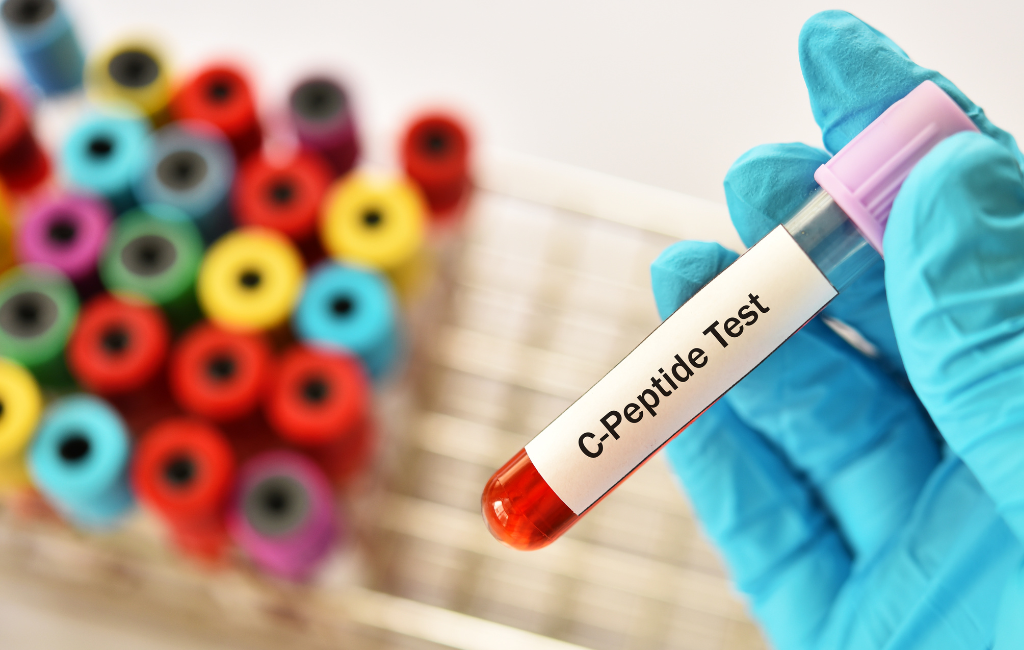
Peptides: Enhancing Your Body’s Natural Potential for Optimal Health
Peptides have garnered significant attention in recent years for their potential to enhance various aspects of health and wellness. These short chains of amino acids play a pivotal role in numerous biological processes, making them a subject of interest for both researchers and health enthusiasts. This article explores the benefits of peptides, their applications, and the science behind their effectiveness.
Understanding Peptides
Peptides are composed of two or more amino acids linked by peptide bonds. They are smaller than proteins but share similar building blocks. The human body naturally produces peptides, which are involved in functions such as hormone regulation, immune response, and cell signaling.
Types of Peptides
- Signal Peptides: These peptides direct the transport of proteins to specific locations within the cell.
- Neuropeptides: These act as neurotransmitters or hormones, influencing brain function and mood.
- Antimicrobial Peptides: These play a role in the immune system by fighting off pathogens.
- Enzyme Inhibitor Peptides: These regulate enzyme activity, impacting various metabolic processes.
Health Benefits of Peptides
Peptides offer a range of health benefits, from improving skin health to enhancing muscle growth. Here are some key areas where peptides have shown promise:
Skin Health
Peptides are widely used in skincare products due to their ability to stimulate collagen production. Collagen is a protein that maintains skin elasticity and firmness. Studies have shown that topical application of peptides can reduce wrinkles and improve skin texture.
Muscle Growth and Repair
Peptides such as growth hormone-releasing peptides (GHRPs) can stimulate the release of growth hormone, which is crucial for muscle growth and repair. Athletes and bodybuilders often use these peptides to enhance performance and recovery.
Weight Management
Certain peptides can influence appetite and metabolism. For instance, peptide YY (PYY) is known to reduce appetite, helping with weight management. Research indicates that PYY levels increase after eating, signaling fullness to the brain.
Immune System Support
Antimicrobial peptides (AMPs) are part of the body’s innate immune system. They can destroy bacteria, viruses, and fungi, providing a first line of defense against infections. AMPs are being studied for their potential in developing new antibiotics.
Scientific Evidence and Case Studies
Numerous studies have investigated the effects of peptides on health. Here are a few notable examples:
Collagen Peptides and Skin Health
A study published in the journal “Skin Pharmacology and Physiology” found that women who took collagen peptides for eight weeks experienced a significant reduction in skin wrinkles and improved skin hydration. The study concluded that collagen peptides could be an effective anti-aging treatment.
GHRPs and Muscle Growth
Research published in the “Journal of Clinical Endocrinology & Metabolism” demonstrated that GHRPs could increase growth hormone levels in healthy adults. Participants who received GHRPs showed improved muscle mass and strength compared to those who received a placebo.
PYY and Weight Management
A study in the “New England Journal of Medicine” explored the effects of PYY on appetite regulation. Participants who received PYY reported reduced hunger and lower food intake, suggesting that PYY could be a potential treatment for obesity.
How to Incorporate Peptides into Your Routine
Peptides can be incorporated into your health regimen in various ways. Here are some common methods:
- Topical Applications: Skincare products containing peptides can be applied directly to the skin to improve texture and reduce signs of aging.
- Injections: Some peptides, such as GHRPs, are administered via injections to enhance muscle growth and recovery.
- Oral Supplements: Collagen peptides and other peptide supplements can be taken orally to support skin health, joint function, and overall wellness.
Potential Side Effects and Considerations
While peptides offer numerous benefits, it’s important to be aware of potential side effects. Common side effects may include:
- Redness or irritation at the injection site
- Allergic reactions
- Digestive issues with oral supplements
Consulting with a healthcare professional before starting any peptide regimen is advisable to ensure safety and efficacy.
Conclusion
Peptides hold significant potential for enhancing various aspects of health and wellness. From improving skin health to supporting muscle growth and weight management, these powerful molecules offer a range of benefits backed by scientific research. By understanding the different types of peptides and their applications, individuals can make informed decisions about incorporating them into their health routines. As research continues to evolve, the future of peptide therapy looks promising, offering new possibilities for optimizing health and well-being.